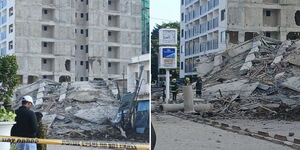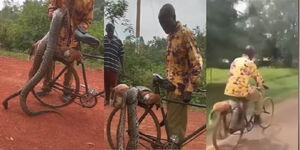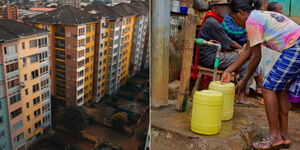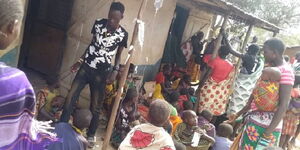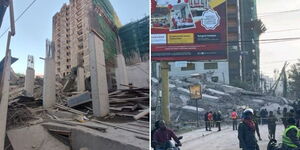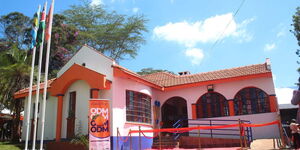A report by the International Narcotics Control Strategy released in March 2021, has put Kenya on the list of major money laundering countries in the world.
The annual report by the Department of State to the US Congress was prepared in accordance with the Foreign Assistance Act. The report highlights all the efforts of key countries to attack all aspects of the international drug trade.
The report indicates the vulnerability of Kenya to money laundering, financial fraud, and terror financing. Money laundering occurs in the formal and informal sectors, deriving from domestic and foreign criminal operations.
Kenya spearheads mobile banking and East Africa's financial hub making it a hotspot. The report also noted that multiple unregulated mobile money lenders make it easy for international narcotics traffickers to wire money to different recipients.
According to the report, mobile moneylenders are not fully regulated despite the widespread use of mobile lending applications. Unregulated networks and other unlicensed remittance systems facilitate cash-based, unreported transfers, with foreign nationals, including refugees using some of them to transmit remittances internationally.
"Despite the contraction of the global economy by the Covid-19 pandemic, the flow of illicit money continued. Criminals not only continued to perpetuate traditional financial crimes but devised new ways to exploit the pandemic through counterfeiting essential goods and telephone and email scams promoting health or medical products.," the report highlighted. Diaspora remittances to Kenya totaled ksh195 billion between January and August 2020.
Kenya is also reported to be a haulage point for the region and international traffickers of narcotics, persons, wildlife, timber, charcoal, and minerals. Its proximity to Somalia makes it attractive for laundering of piracy-related proceeds, as well as other funds from unregulated Somali sectors. Trade-Based Money Laundering continues to pose a challenge.
"Kenya’s National Assembly has thus far failed to pass amendments to the POCAMLA to extend reporting requirements to lawyers, notaries, and other independent legal professionals. To demand bank records or seize an account, police must obtain a court order by presenting evidence linking the deposits to a criminal violation. Confidentiality of this process is not well maintained, allowing account holders to be tipped off and providing an opportunity to move assets," read the report.
The Ethics and Anti-Corruption Commission has had some success in recent years with corruption investigations leading to successful prosecutions and asset seizures, but the agency requires technological support and training to grapple with more complicated money-laundering operations.
According to the report, the government should allocate increased resources to building institutional capacity and investigative capacity within FRC, EACC, and other enforcement agencies.


